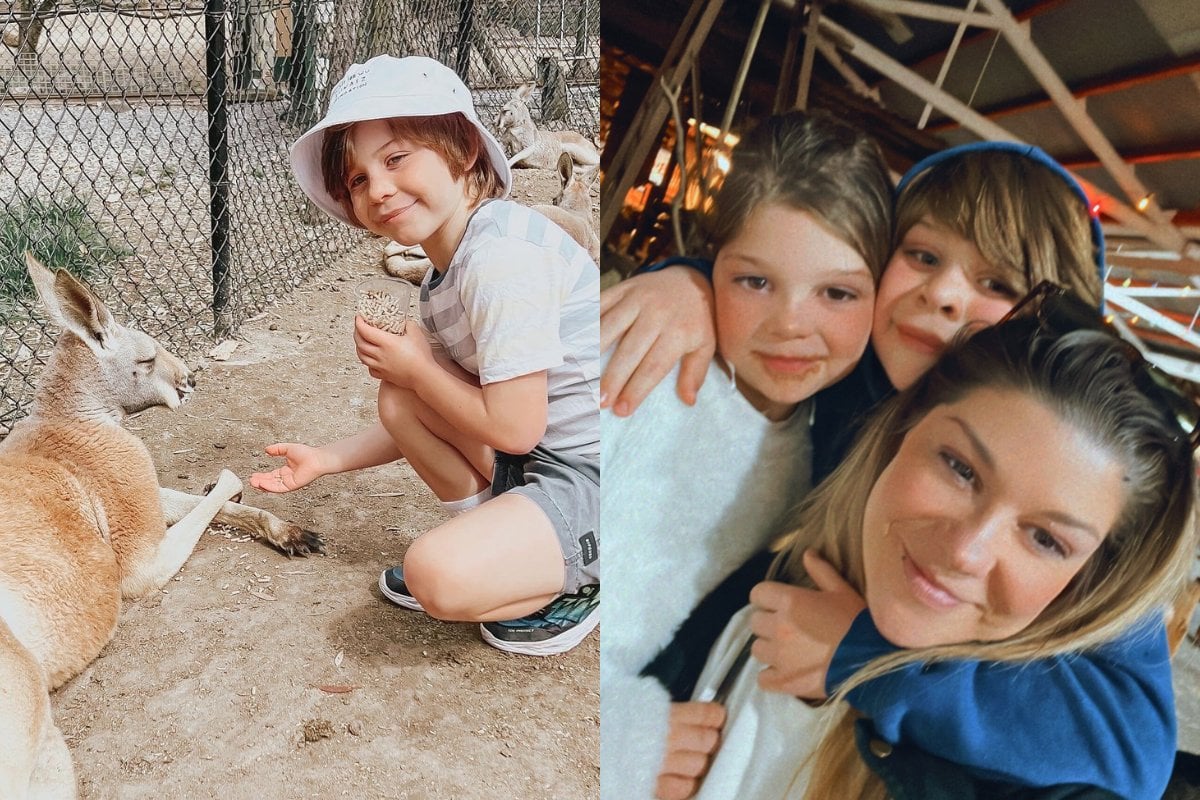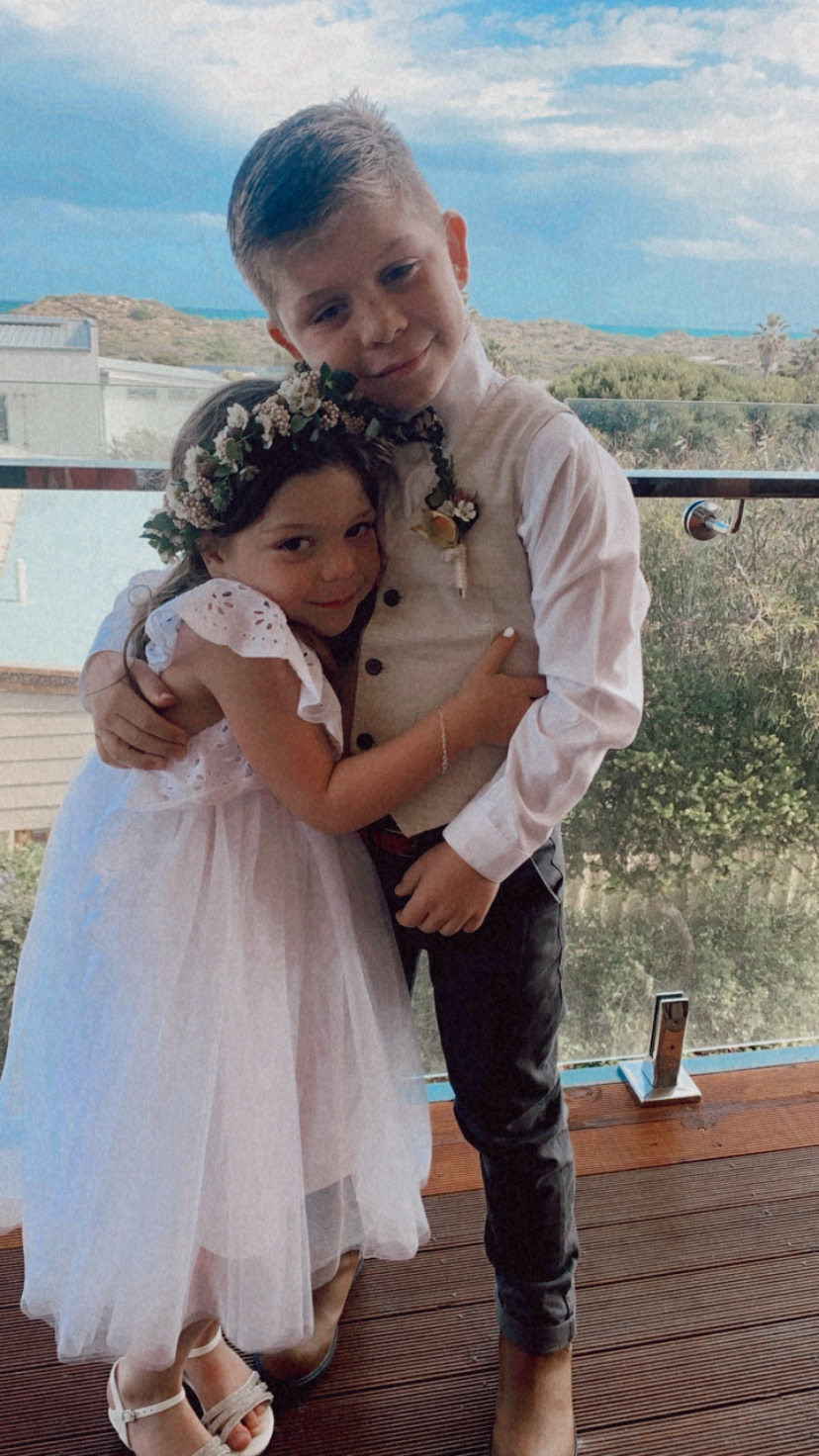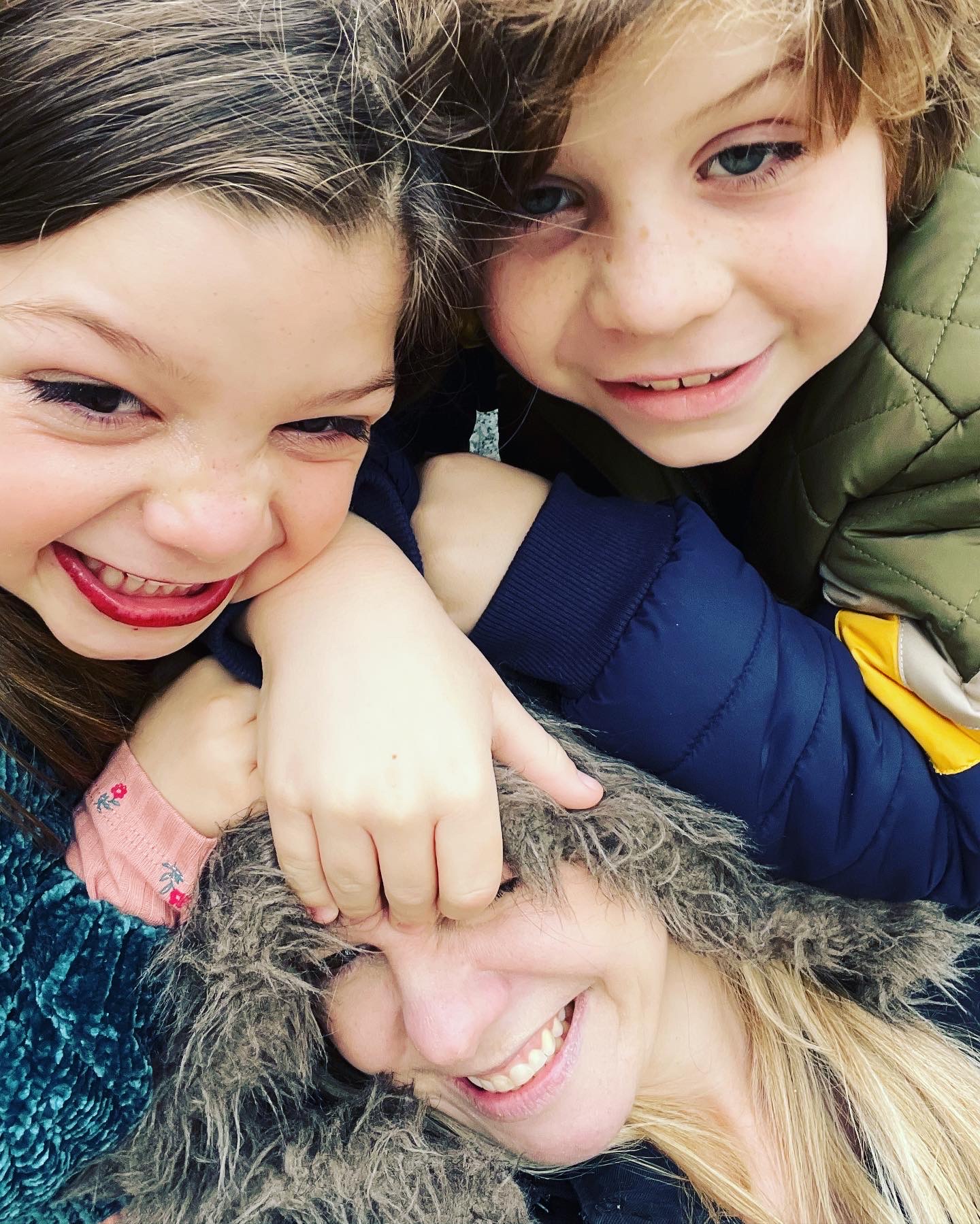
"I would be extremely embarrassed if I was his mother."
Someone sent me this message this week about my son. Someone I know, not overly well, committed those words to a message.
I know why she did it; she was looking to weaponise my child to hurt me. And it worked.
I was devastated.
I was devastated for him, and I was devastated for me. It made me second guess every parenting decision I had ever made in my 10 years as his mother. Had I failed him?
My son has autism and ADHD. Autism is a neurological developmental difference that changes the way someone relates to their environment. He was diagnosed five years ago, and I am still learning, every day, as all parents do.
But as you can imagine, my parenting journey is a little bit different to others.
 Image: Supplied.
Image: Supplied.Autism is a spectrum; there’s not a less severe or more severe autistic child. You may've heard the phrase from autism advocate Dr Stephen Shore:
"If you've met one person with autism, you've met one person with autism."
That’s because it presents differently in each person.



Top Comments